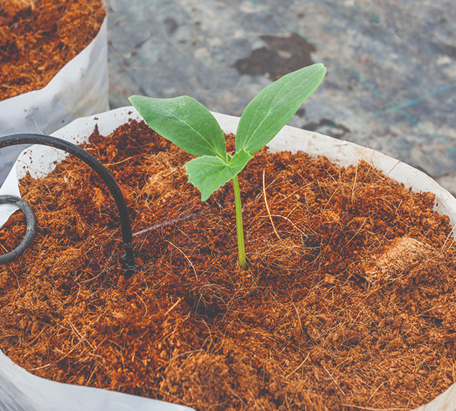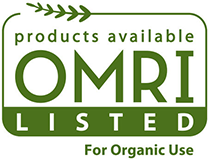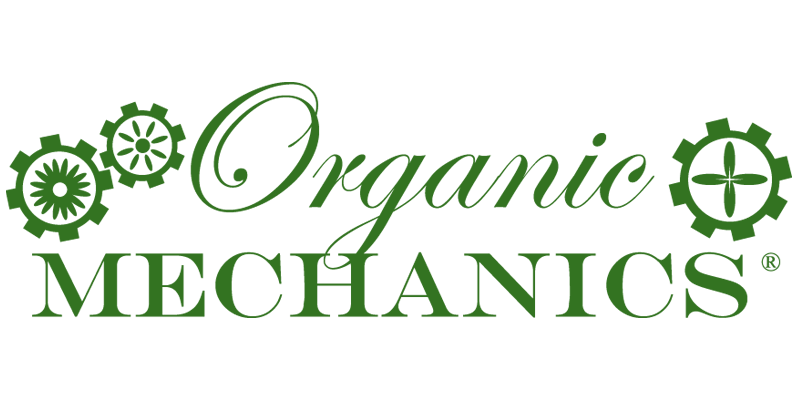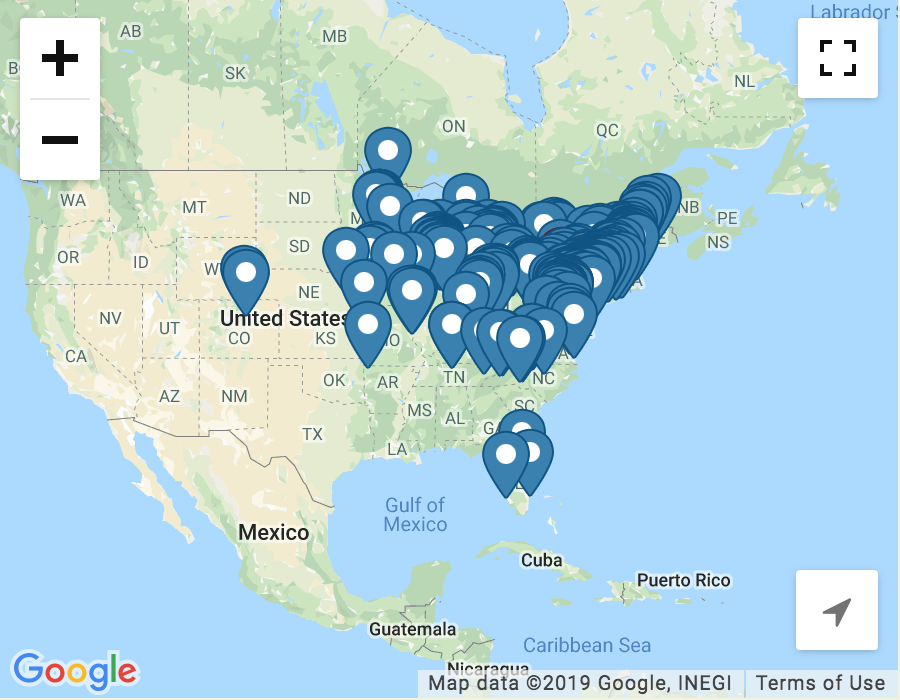Compost and Coconut Coir are the
Peat of Today (and Tomorrow)!
Since the 1950s, peat has been a common ingredient in most potting soils. Peat consists of decomposing leaves, stems, and other plant parts. Peat bogs and fens are very unique ecosystems. Much like managing wetland restoration, peat bogs can be remediated, but are never the same as an untouched ecosystem. Like old growth forest, peat may be harvested rapidly, but takes generations to replace, as it only grows a few millimeters (or less) per year.
Each year almost 32 million cubic yards of peat are harvested for horticultural use. Imagine 300 football fields covered in a pile of peat 5 stories tall! Much of the United Kingdom’s entire horticulture industry is going peat-free.
According to expert Joseph Holden: “In the UK we have 13% of the world’s blanket bogs. Globally, peatlands are more important than tropical rainforest in terms of taking carbon out of the atmosphere.”
Why Compost and Coconut Coir?
- Both compost and coconut coir are recycled materials, end products of another agricultural process, and are therefore sustainable products.
- Compost is naturally more nutrient-rich than peat, reducing the need for inorganic chemical fertilizers.
- Compost and Coconut Coir retain water better than peat. Less watering is a good thing!
- Compost will help your plants get established early. Stronger soil structure helps support vigorous root growth, and will lead to bigger yields.
- Compost and Coconut Coir are gentler on Mother Earth. The compost we use is resourced and delivered locally using a minimal amount of fossil fuels.
After 10 years researching high-quality potting soils, the choice was a simple one. Use Compost and Coconut Coir to go Peat-Free!




